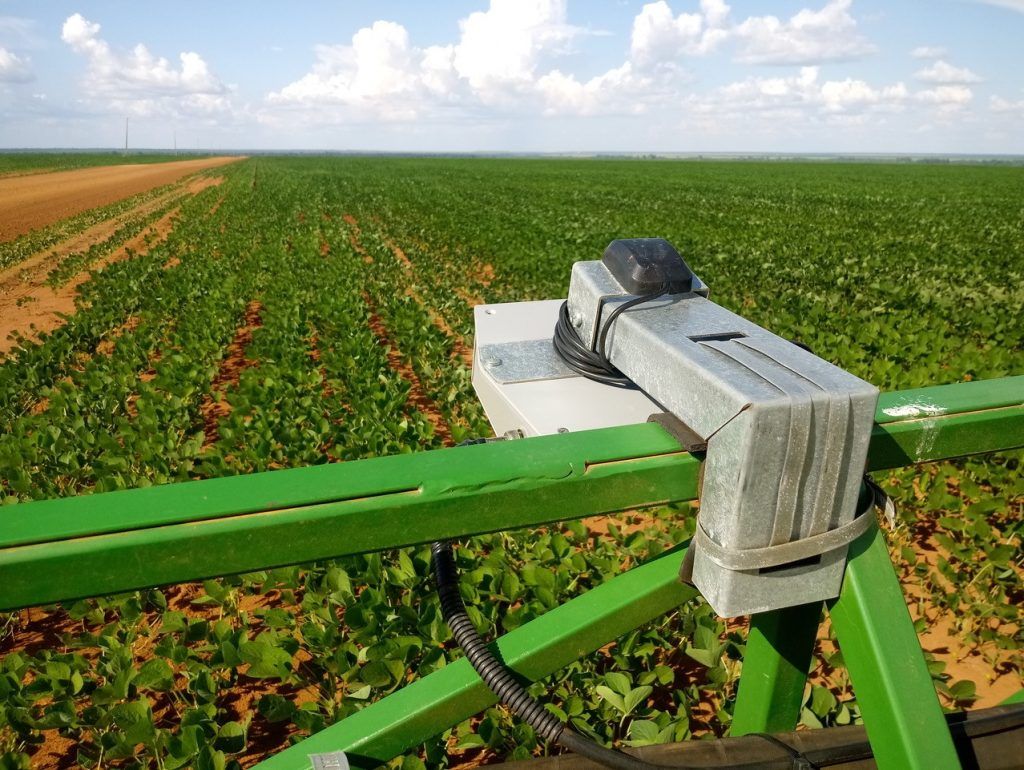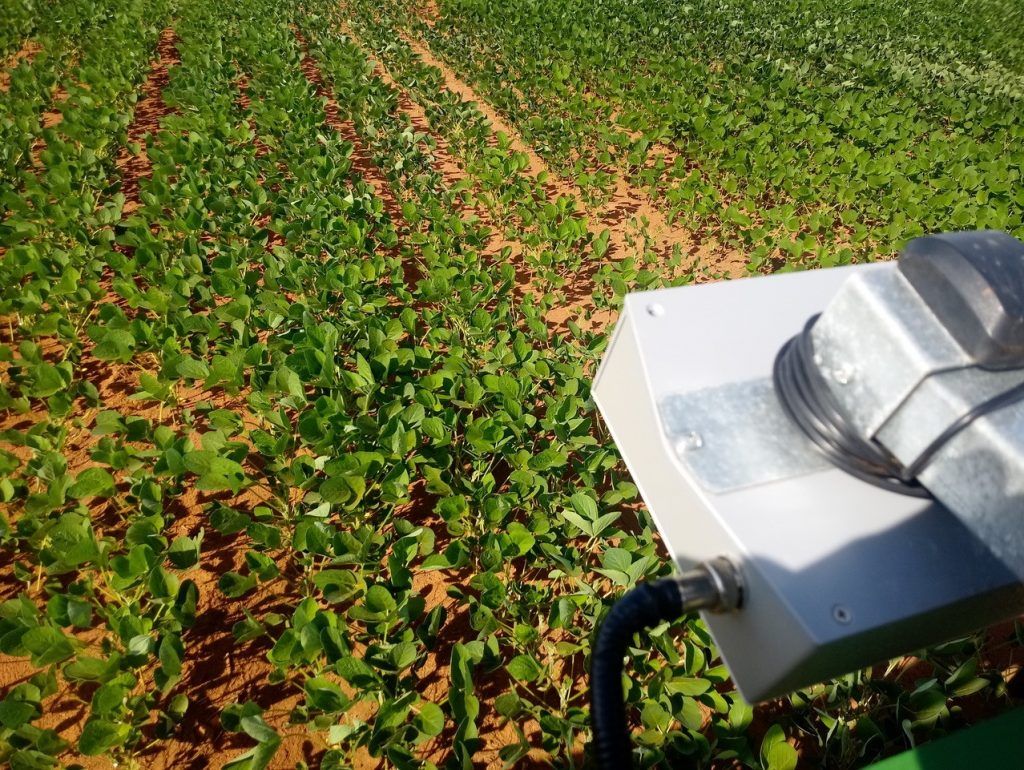The use of algorithm enables to reduce in half utilization of inputs, and increase in up to two times plantation yield
Guilherme de Castro is great-grandson, grandson and son of parents graduated at renowned ESALQ, Luiz de Queiroz College of Agriculture from the University of São Paulo. But when his turn came, Guilherme ended up by choosing Mechatronics Engineering. He went to Germany to attend to a Master’s Degree, came back to Brazil for a Doctorate at USP and then went to Japan.

Back to the country, while talking to his parents and friends, he noticed that there was a big gap of important information on management in farms, which could be much more complete and help provide more efficiency to plantations. Fond of Artificial Intelligence, he created an algorithm to process aerial images from drones, UAVs or even from motorcycles to detect weeds in plantations.

In 2017 he founded Cromai (access the website), considered the first Brazilian company among the five most promising startups worldwide and in the Agribusiness, and one of the 100 startups to keep an eye on. Last year, he received a provision of R$ 5 million from Stoller, North-American nutrition and plant physiology company, thanks to a partner in the sugarcane market.
In the coffee market, Cromai already counts on fifteen clients, among them Daterra (read the story here) and Ipanema Coffees and its algorithm helps farmers indentify the level of ripening of coffee grains, by line and plot, indicating from where to start their harvest. The images in the coffee plantation are taken from a motorcycle, thanks to a sensor coupled at the lateral of the backpack of technicians that cover the field. “Soon the capture of coffee plantations’ images will be made by drones, we are still in the beginning of the operation”, explains Guilherme.
“With artificial intelligence in plantations it is possible to reduce in up to 65% the use of herbicides, since the images help the farmer spray the product only in places where it is really necessary. Not to mention the reduction in machinery operation time, increasing the farm yield”, he says, proudly.
Artificial intelligence in farms
Artificial Intelligence will increasingly call the shots in agribusiness, starting from larger properties. But cooperatives can also join to offer their members the benefits of the algorithm in the field. “There are no previous requirements; the farmer must only get to know in depth its processes, and what really happens in the field. Within five to 10 years, the perspective is that Artificial Intelligence will reduce in half the use of inputs, increasing up to two times the productivity in plantations”, he concludes.

Cromai solution involves six types of information layers able to identify a range of weed species, like climbers, castors, grass (high and low), undefined weeds and other broadleaf plants.



